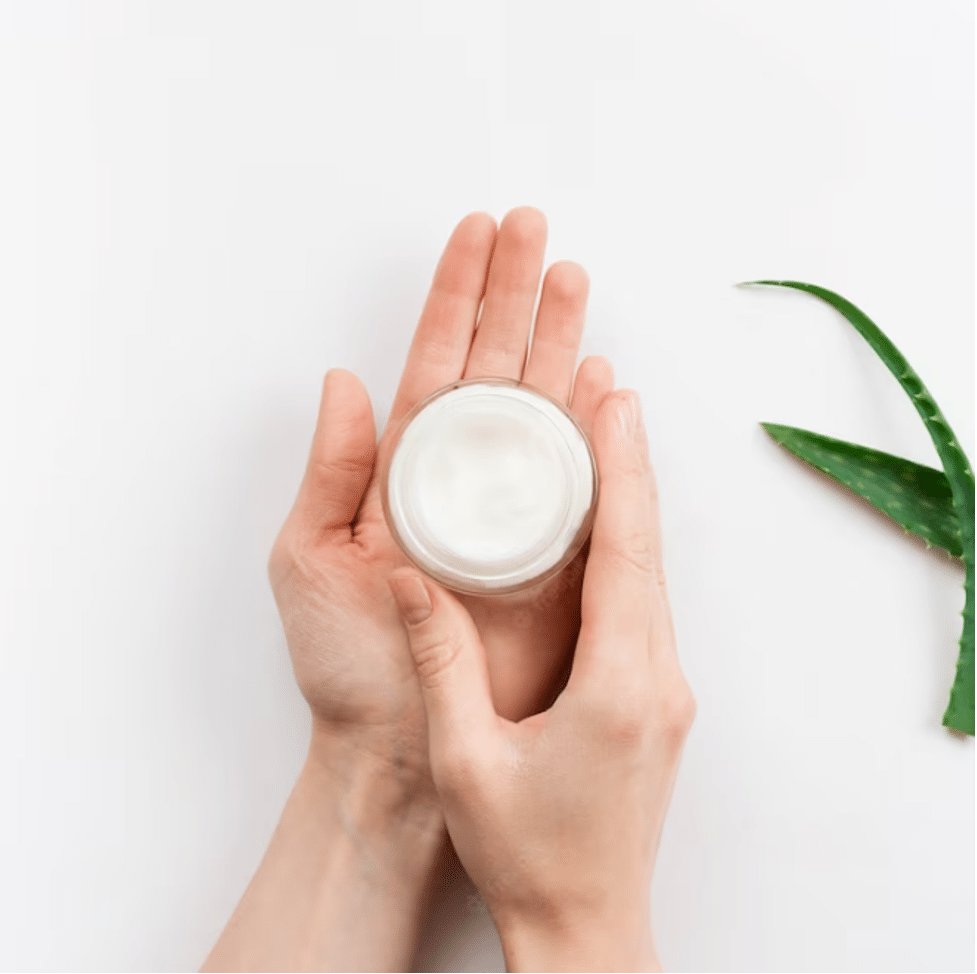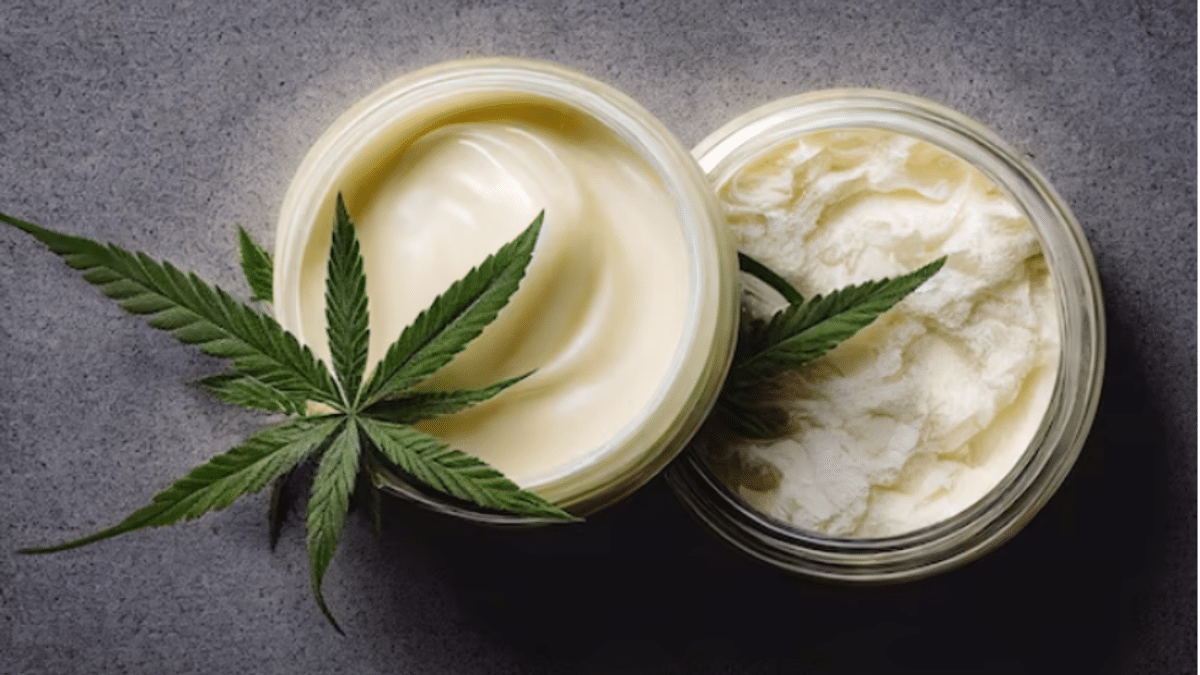To reduce inflammation and pain in sports recovery, cannabidiol (CBD) can help in the following ways:
- It has anti-inflammatory properties, reducing inflammation in the body, a common cause of post-activity pain.
- Studies show that it interacts with the body’s endocannabinoid system, which regulates pain and inflammation. By influencing the receptors in this system, it can alleviate pain and reduce swelling.
- Research indicates that it inhibits the production of inflammatory markers and cytokines that promote inflammation.
- In an athlete study, CBD as a topical ointment reduced muscle and joint pain and inflammation. This is beneficial for athletes experiencing sore muscles or joint pain after intense workouts or competitions.
- Another study demonstrated that it can help manage pain from conditions like arthritis. By reducing inflammation, CBD alleviates pain and improves mobility.
Note that individual results may vary when using CBD to reduce inflammation and pain. Consulting a healthcare professional before incorporating it into your sports recovery routine is recommended.
Contents
Promoting Muscle Repair and Regeneration
When it comes to promoting muscle repair and regeneration, cannabidiol can be beneficial. CBD:
- Reduces inflammation in the muscles, crucial for repair and recovery. It alleviates soreness and accelerates healing.
- Enhances blood flow to the muscles, allowing for better nutrient and oxygen delivery. This aids in tissue repair and regeneration.
- Supports the endocannabinoid system, which plays a role in muscle recovery. By interacting with specific receptors, CBD helps regulate and optimize muscle repair processes.
- Promotes better sleep quality, essential for muscle repair and growth. CBD improves the overall restfulness of sleep, ensuring optimal recovery.
- Potentially prevents muscle breakdown with its anti-catabolic effects, preserving muscle mass for faster recovery and regeneration.
- Helps reduce muscle spasms and cramps, promoting faster healing and regeneration.
It is important to note that more research is needed to fully understand the effects of CBD on muscle repair and regeneration. The available evidence suggests that CBD can be a valuable tool in promoting muscle recovery and optimizing performance.
Enhancing Sleep Quality and Restfulness
Enhancing Sleep Quality and Restfulness is important for sports recovery. CBD has potential in improving sleep for athletes. Studies suggest CBD can regulate sleep-wake cycles and promote better rest.
CBD cream interacts with the body’s endocannabinoid system, which regulates sleep. CBD can modulate sleep regulation receptors, aiding in promoting more restful sleep. In a study on athletes, CBD enhanced sleep quality by reducing insomnia and increasing sleep duration. Participants reported feeling refreshed and rejuvenated after using CBD for sleep improvement.
CBD also calms the body, reducing anxiety and promoting relaxation. This helps athletes unwind before bedtime, making it easier to fall asleep and stay asleep.
It’s important to consult a healthcare professional before using CBD for sleep. Dosage and administration should be personalized to individual needs and goals.
Pro-tip: To naturally enhance sleep quality and restfulness, establish a regular sleep routine, create a comfortable sleep environment, and practice relaxation techniques like deep breathing or meditation. Avoid electronics and stimulating activities before bedtime for optimal sleep.

Managing Stress and Anxiety
Managing stress and anxiety is crucial for sports recovery. Integrating cannabidiol (CBD) into your recovery routine can naturally assist in alleviating symptoms and enhancing overall well-being. Numerous studies have indicated that CBD has the ability to effectively decrease stress and anxiety levels. One research study specifically focused on individuals with social anxiety disorder and discovered that CBD significantly reduced their anxiety, consequently improving their performance in stressful situations. Another study found similar positive effects in individuals with generalized anxiety disorder, suggesting that CBD may play a significant role in managing stress and anxiety.
CBD interacts with brain receptors responsible for regulating mood and stress responses. By promoting the release of serotonin, a neurotransmitter known for enhancing mood and reducing anxiety, CBD becomes a promising option for athletes seeking to manage stress and anxiety during training and competition.
It is important to understand that while CBD shows promise, it is not a universal solution and individual responses may vary. Therefore, it is strongly recommended to consult with a healthcare professional before incorporating CBD into your sports recovery routine, especially if you are currently taking medications or have underlying health conditions.
A noteworthy fact is that a study published in the Journal of Clinical Psychology examined the effects of CBD on individuals with post-traumatic stress disorder (PTSD) and found that it can effectively reduce anxiety levels. This highlights the potential benefits of CBD in managing stress and anxiety disorders.
How Does Cannabidiol Work in the Body?
Cannabidiol (CBD) interacts with the body’s endocannabinoid system. It binds to cannabinoid receptors, CB1 and CB2, found throughout the body. CB1 receptors are in the brain, while CB2 receptors are in the immune system and peripheral tissues. This interaction affects various physiological processes. CBD inhibits the breakdown of endocannabinoids, like anandamide, which regulates pain and mood. It also modulates serotonin receptors, impacting mood and anxiety. CBD reduces inflammation by inhibiting the release of pro-inflammatory cytokines. It also affects the TRPV1 receptor, influencing pain perception.
CBD doesn’t just interact with the endocannabinoid system. It also interacts with other receptors, such as 5-HT1A receptors involved in serotonin signaling. This might contribute to CBD’s anti-anxiety and antidepressant properties. CBD also influences the expression of genes involved in inflammation, oxidative stress, and neuroprotection.
The precise mechanisms of how CBD works in the body are still being explored. It is currently understood that CBD modulates various receptors and signaling pathways to promote balance and well-being.
Research and Studies on Cannabidiol for Sports Recovery
Get ready to dive into the fascinating world of research and studies on cannabidiol for sports recovery. We’ll be exploring three intriguing sub-sections that shed light on the potential benefits CBD offers to athletes. Discover the effects of CBD on inflammation and pain in athletes in Study 1, unravel CBD’s impact on muscle recovery and performance in Study 2, and uncover the potential of CBD for sleep improvement in athletes in Study 3. Get ready to be amazed by the possibilities!
Study 1: Effects of CBD on Inflammation and Pain in Athletes
A Study 1 evaluated the effects of CBD on inflammation and pain in athletes. The study found a significant decrease in inflammation markers and pain levels among participants who used CBD. It is a natural compound derived from cannabis plants and has anti-inflammatory properties. It targets specific receptors in the body, reducing inflammation and alleviating pain in athletes.
The study involved athletes with chronic pain and inflammation from intense physical activity. After using CBD, they reported reduced pain intensity and improved well-being. CBD is a safe and effective alternative for managing inflammation and pain in athletes without potential side effects of traditional pain medications.
More research is needed to fully understand CBD’s effects on inflammation and pain in athletes. Athletes should consult healthcare professionals and follow anti-doping regulations before using CBD for recovery.

